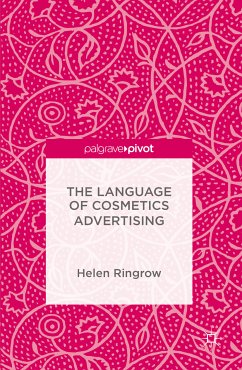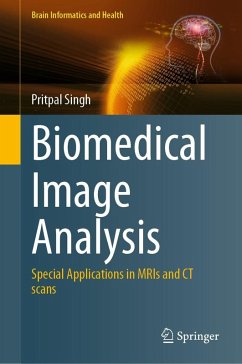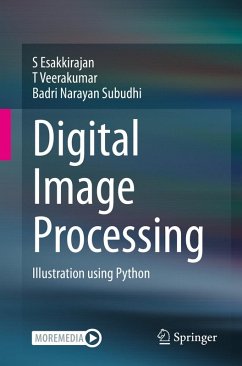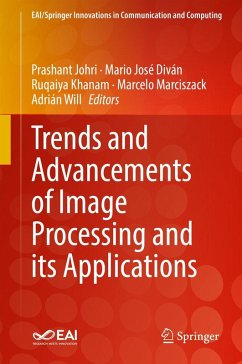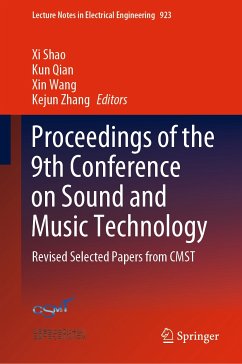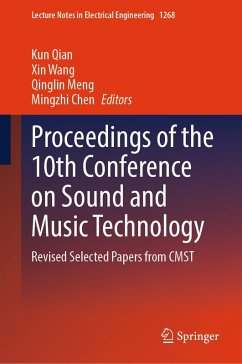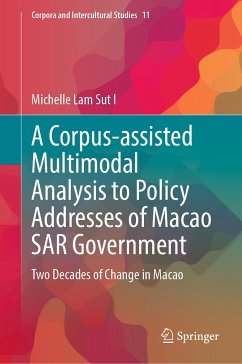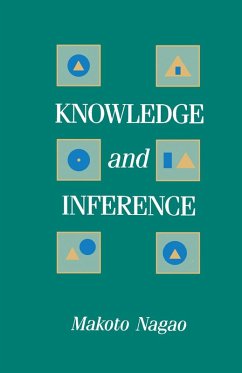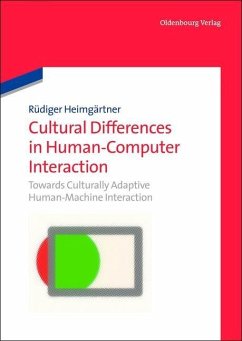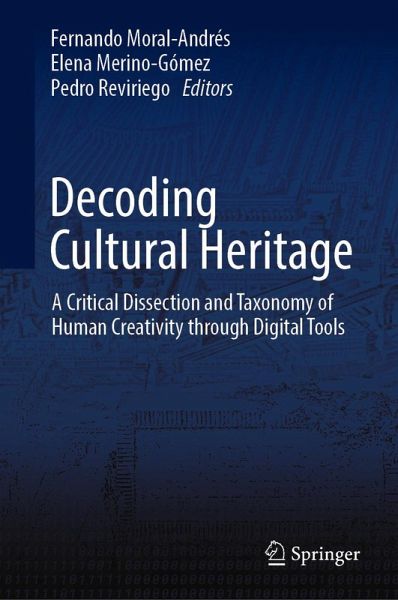
Decoding Cultural Heritage (eBook, PDF)
A Critical Dissection and Taxonomy of Human Creativity through Digital Tools
Redaktion: Moral-Andrés, Fernando; Reviriego, Pedro; Merino-Gómez, Elena
Versandkostenfrei!
Sofort per Download lieferbar
175,95 €
inkl. MwSt.
Weitere Ausgaben:

PAYBACK Punkte
88 °P sammeln!
This book provides readers with an overview of the use of digital techniques for cultural heritage preservation. Those include image processing, advanced sensing, geomatics or virtual and augmented reality. The use of newer tools such as generative artificial intelligence for images and 3D or advanced natural language processing systems is also considered. The ultimate goal is to provide readers with a global perspective of the state of the art on the use of digital tools for cultural heritage applications, both for researchers and professionals involved in cultural heritage and for computer s...
This book provides readers with an overview of the use of digital techniques for cultural heritage preservation. Those include image processing, advanced sensing, geomatics or virtual and augmented reality. The use of newer tools such as generative artificial intelligence for images and 3D or advanced natural language processing systems is also considered. The ultimate goal is to provide readers with a global perspective of the state of the art on the use of digital tools for cultural heritage applications, both for researchers and professionals involved in cultural heritage and for computer scientists and engineers that design and develop technologies that can be used for cultural heritage preservation.
Dieser Download kann aus rechtlichen Gründen nur mit Rechnungsadresse in A, B, BG, CY, CZ, D, DK, EW, E, FIN, F, GR, HR, H, IRL, I, LT, L, LR, M, NL, PL, P, R, S, SLO, SK ausgeliefert werden.



